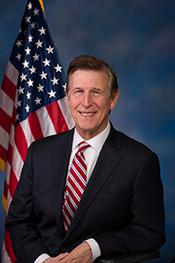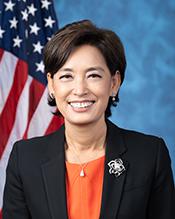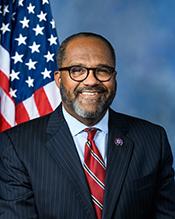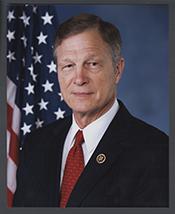0
Freedom to Vote: John R. Lewis Act
8/18/2023, 12:30 PM
Summary of Bill HR 5746
The main purpose of the bill is to protect and expand voting rights for all Americans. It aims to strengthen the Voting Rights Act of 1965, which was a landmark piece of legislation that aimed to eliminate discriminatory voting practices that disenfranchised minority voters.
Some key provisions of the Freedom to Vote: John R. Lewis Act include: 1. Restoring key provisions of the Voting Rights Act that were struck down by the Supreme Court in 2013. This includes reinstating federal oversight of states with a history of voter discrimination. 2. Expanding early voting and voting by mail options to make it easier for all Americans to participate in the electoral process. 3. Implementing automatic voter registration to ensure that all eligible citizens are registered to vote. 4. Prohibiting voter purges that disproportionately affect minority voters. Overall, the Freedom to Vote: John R. Lewis Act aims to ensure that every American has equal access to the ballot box and that their voices are heard in the democratic process. It is a crucial piece of legislation in the ongoing fight to protect and expand voting rights in the United States.
Congressional Summary of HR 5746
Freedom to Vote: John R. Lewis Act
This bill addresses voter registration and voting access, election integrity and security, redistricting, campaign finance, and voting rights.
Specifically, the bill expands voter registration (e.g., automatic and same-day registration) and voting access (e.g., vote-by-mail and early voting). It also limits removing voters from voter rolls.
Next, the bill establishes Election Day as a federal holiday.
The bill establishes certain federal criminal offenses related to voting. In particular, the bill establishes a new criminal offense for conduct (or attempted conduct) to corruptly hinder, interfere with, or prevent another person from registering to vote or helping someone register to vote.
Additionally, the bill sets forth provisions related to election security, including by requiring states to conduct post-election audits for federal elections.
The bill outlines criteria for congressional redistricting and generally prohibits mid-decade redistricting.
The bill addresses campaign finance, including by expanding the prohibition on campaign spending by foreign nationals and establishing an alternative campaign funding system for certain federal offices.
Next, the bill establishes new criteria for determining which states and political subdivisions must obtain preclearance before changes to voting practices may take effect. Preclearance is the process of receiving preapproval from the Department of Justice or the U.S. District Court for the District of Columbia before making legal changes that would affect voting rights.
The bill also includes provisions related to federally protected activities at polling places and voting access on tribal lands.



